The Savitri Phule Ambedkar Caravan (SPAC), a student collective at NLSIU, is organising the Dalit Fest ‘25 to observe Babasaheb Bhim Rao Ambedkar’s Jayanti in April.
April marks Dalit History Month—a time to remember, reflect on, and honour the contributions, struggles, and lived realities of Dalit, Bahujan, and Adivasi (DBA) communities. In continuation of previous years, Savitri Phule Ambedkar Caravan (SPAC) is proud to bring to the NLSIU campus Dalit Fest ’25, a month-long series of events designed to commemorate this crucial history and to foreground the voices, expressions and experiences of DBA identities. In collaboration with student bodies and collectives, we have curated a range of events to open space for conversation, celebration, and critical engagement. Here’s a glimpse of what’s happening this month:
Pub Pool | April 9, 2025 | 3.30-6.30 PM | Amphitheatre
(in collaboration with Ka’law’kriti)
The fest will begin with a pub pool to initiate the celebrations of Dalit Fest’25 and start conversations about Dalit History Month. SPAC, in collaboration with Ka’law’kriti, will aim to raise awareness and engage the student body on the matter of DBA identities. Students at NLS are welcome to join, express, and engage with their own and others’ thoughts on DBA identities and Dalit History Month via poster-making. With the artists’ permission, these posters will be featured on social media platforms and displayed in Velivada: the Art Exhibition.
Reading Circle | April 9, 2025 | 3-4 PM | OAB Quad
(in collaboration with LAWSOC)
The Bhagat Singh Reading Circle, an initiative of Law and Society Committee will conduct a reading circle in memory of Dr Ambedkar and the larger Anti Caste Movement in the country. In this session, the Dalit Panther Manifesto and Dr. Ambedkar’s speech at the GIP Railway Depressed Class Workmen’s conference, Nashik will be discussed. The aim of the session is to bring forth the worker’s-oriented nature of the Anti-Caste Movement which sought to unite the working class against the larger Brahminical patriarchal capitalist structure and bring forth a larger discussion on the many faces of the Anti-Caste Movement.
Film Screening on Phule Jayanti | April 11, 2025 | 8.30 PM | NAB 103
The movie Sadgati (1981) [dir. Satyajit Ray] will be screened on the occasion of Phule Jayanti. This immersive film, dedicated to Dalit presence and the struggles against caste stigma and discrimination, will be screened to celebrate the birth anniversary of Jyotirao Phule, popularly known as Mahatma.
Velivada: Art Exhibition | April 14-19, 2025 | Shri Narayan Rao Melgiri Memorial National Law Library
In this year’s edition of Velivada: the Art Exhibition, SPAC is collaborating with the Shri Narayan Rao Melgiri National Law Library to showcase artworks by various Bahujan artists. SPAC is also inviting artists based in Bengaluru to present their work in person on the inaugural day. A few stalls will also be set up to sell anti-caste stickers, craft products, and similar items. This event will aim to engage viewers and initiate conversations about caste identity and lived experiences through the non-academic medium of art. Additionally there will be a display of books focusing on the life, works, and contributions of Dr. Ambedkar. This collection will include works authored by Dr. Ambedkar, as well as scholarly publications and resources exploring various facets of his legacy.
Ambedkar Jayanti Celebration | April 14, 2025 | 5.30 PM | Amphitheatre
Dalit folk artists from Karnataka, Durga Buddideepa and Narayanswami, will present a cultural performance. They will sing Ambedkarite songs in Kannada to celebrate the birth anniversary of Dr. B.R. Ambedkar. The event will also feature an open mic night, where students and faculty will sing, recite poetry, and perform on themes of caste and discrimination. Ravi Gaikwad, founder of ‘The Blue Jam’ and co-founder of ‘Blue Material’, which celebrates and gives a platform to Dalit artists, will also be invited as the stand-up comic for the night. The event will end with poets on campus from the NLS Poets Society giving a tribute to Dalit Poets all around India.
1st NLSIU Annual Babasaheb Dr. B. R. Ambedkar Quiz | April 16, 2025 | 4.30 PM | NAB 102
(in collaboration with NLSQC)
This quiz will be organised for the NLS student community in collaboration with the NLSQC to engage with Dalit history and its icons, as part of the Dalit History Month celebrations. The quiz will be hosted by Dr. Ashna Singh (Assistant Professor of Law, NLSIU), Apul (I Year LLB), Asmi (II Year BALLB), Saif (IV Year BALLB), and Siddharth (IV Year BALLB).
Reading Circle | April 16, 2025 | 3-4 PM | OAB Quad
(in collaboration with LAWSOC)
In the second iteration on the theme of caste, the Bhagat Singh Reading Circle in collaboration with SPAC will host a reading circle on the Chapter titled, “Assertion not Annihilation: The BSP Enigma” from Republic of Caste: Thinking Equality in the Time of Neoliberal Hindutva written by Anand Teltumbde to discuss the failure of assertion caste politics in Uttar Pradesh with a special emphasis on the Bahujan Samaj Party. The aim of the session is to discuss the Assertion Politics ignited in states like Uttar Pradesh whose ineffectiveness has shown that caste as a social structure has strengthened and emboldened caste violence in the State.
Workshop on SC/ST Act | April 19, 2025 | 11 AM-4.30 PM | NAB 101
(in collaboration with Law and Society Committee)
SPAC, in collaboration with LawSoc, will organise a workshop on the SC/ST (Prevention of Atrocities) Act. The workshop will serve as a platform for students to learn about it—by engaging with contemporary issues and gaining practical legal training on related cases. The workshop will begin with a keynote lecture by Senior Advocate, Jayna Kothari, followed by a session on the history of the Act, its rationale, and key provisions, led by Dr. Ashna Singh (Assistant Professor of Law, NLSIU). SPAC will also invite Adv. Basava (Alumnus of the NLSIU LLM Batch of 2024), who works with the Alternative Law Forum and deals with cases related to the Act. He will guide participants through day-to-day legal work—drafting, filing complaints, and other practical aspects of legal practice.

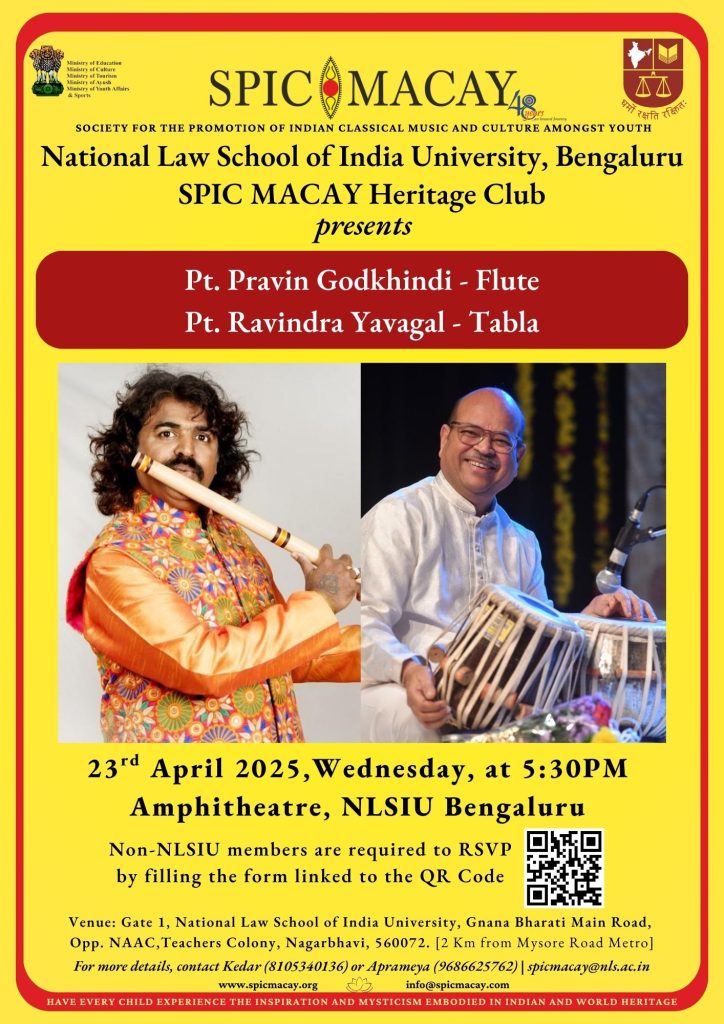 We are excited to announce the commencement of the NLS-SPIC MACAY Chapter on April 23, 2025!
We are excited to announce the commencement of the NLS-SPIC MACAY Chapter on April 23, 2025!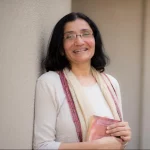 Zakia Soman is a founder member of Bharatiya Muslim Mahila Andolan, a mass organization of muslim women in India. She heads the Peace and Human Security theme in Action Aid. She is a member of Saape, South Asian Alliance for Poverty Eradication which engages with the issues of excluded communities regionally. She works and writes on issues of peace and justice, secularism, human rights, minority rights and rights of muslim women. Her articles advocating rights of Muslim women and tolerance and harmony with other communities are published in various Indian publications. She has edited a book on dalit Muslims and a volume on peace and justice in South Asia. She has been a university lecturer and a newspaper editor in Ahmedabad.
Zakia Soman is a founder member of Bharatiya Muslim Mahila Andolan, a mass organization of muslim women in India. She heads the Peace and Human Security theme in Action Aid. She is a member of Saape, South Asian Alliance for Poverty Eradication which engages with the issues of excluded communities regionally. She works and writes on issues of peace and justice, secularism, human rights, minority rights and rights of muslim women. Her articles advocating rights of Muslim women and tolerance and harmony with other communities are published in various Indian publications. She has edited a book on dalit Muslims and a volume on peace and justice in South Asia. She has been a university lecturer and a newspaper editor in Ahmedabad.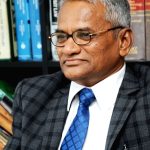 Prof. Ravivarma Kumar is a former Advocate General of Karnataka and Chairperson of the Karnataka Backward Classes Commission. Kumar has appeared in many prominent cases in his career, especially involving Constitutional Law, where he has drawn parallels with symbolism in other faiths, and relied on Article 15 of the Constitution which prohibits discrimination on grounds of religion.
Prof. Ravivarma Kumar is a former Advocate General of Karnataka and Chairperson of the Karnataka Backward Classes Commission. Kumar has appeared in many prominent cases in his career, especially involving Constitutional Law, where he has drawn parallels with symbolism in other faiths, and relied on Article 15 of the Constitution which prohibits discrimination on grounds of religion.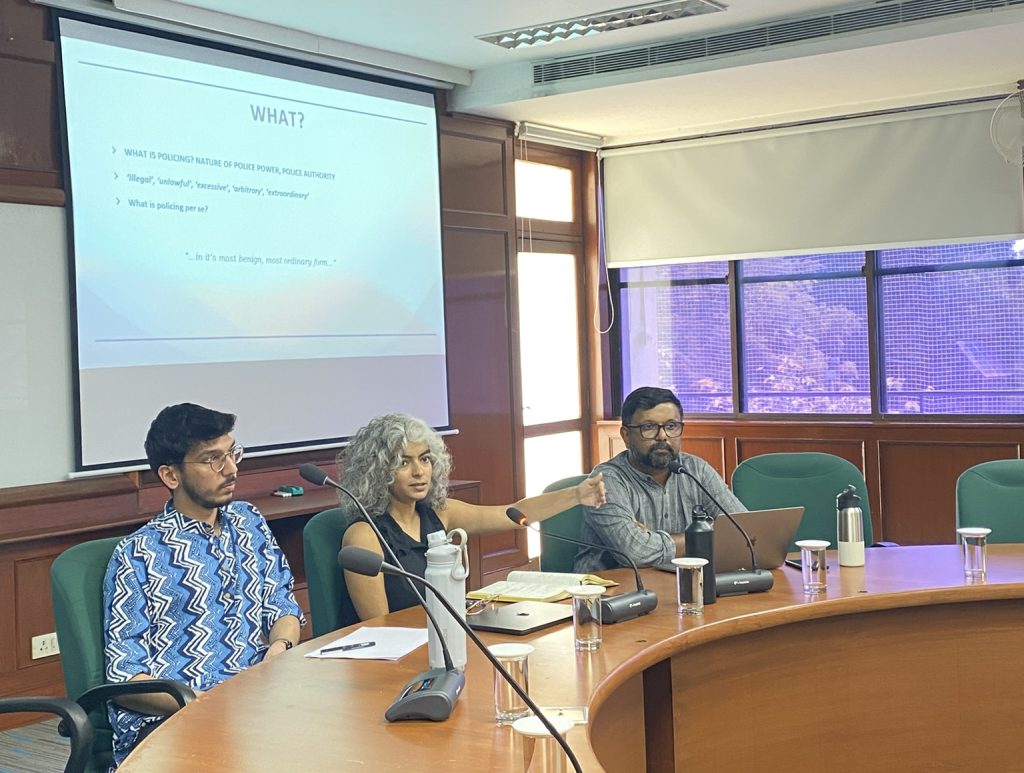 There will be two presentations by NLS Faculty at this week’s seminar by
There will be two presentations by NLS Faculty at this week’s seminar by 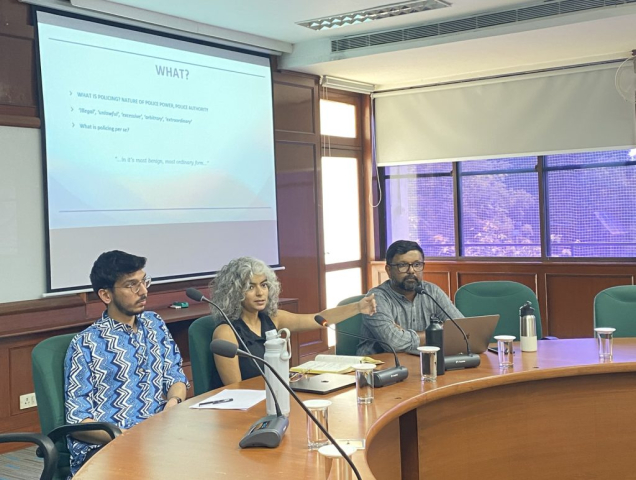
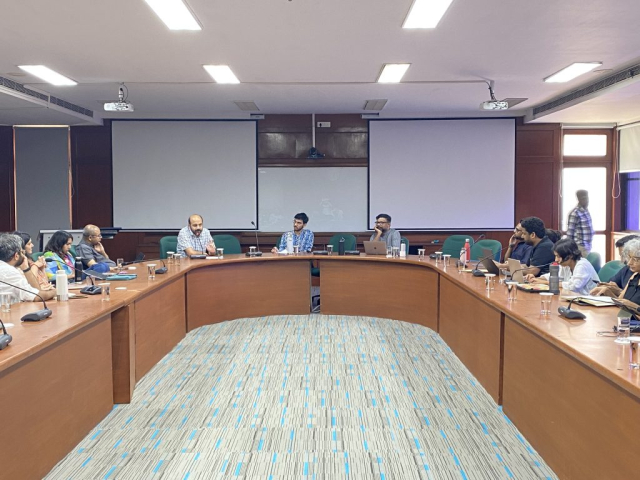
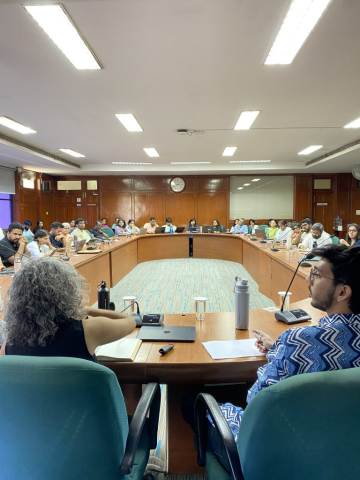
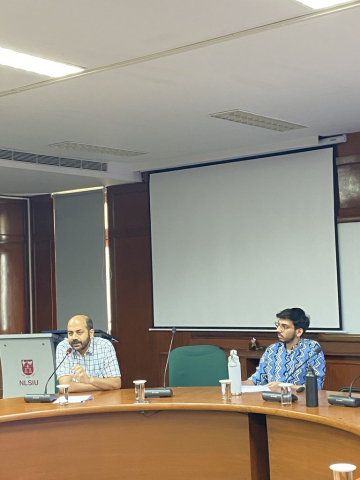
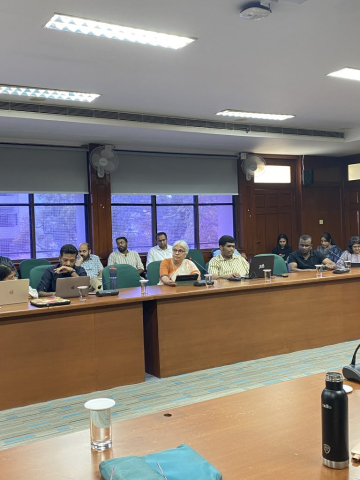
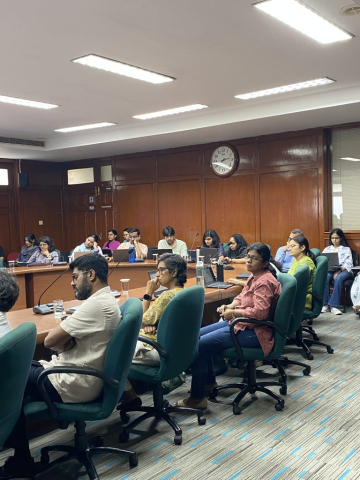
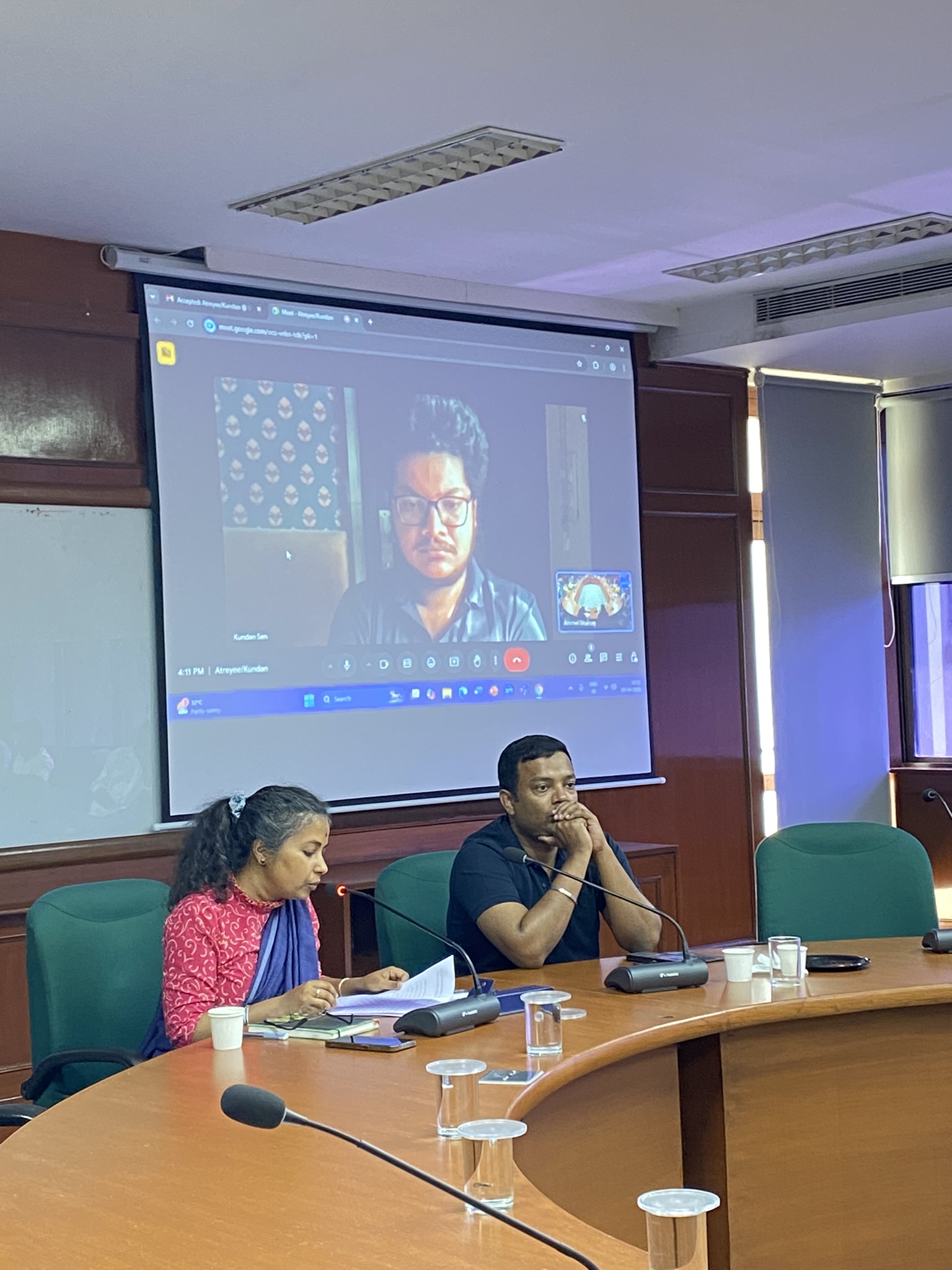 In this week’s faculty seminar, Dr. Atreyee Majumder, Associate Professor, Social Science, NLSIU and Kundan Sen, Senior Writing Instructor, Undergraduate Writing Programme, Ashoka University, presented their essay titled “Three Genres of India at the Limit: The Obsolete, The Ruinous, The Unfinished.” The seminar was held on April 9, 2025, at 3:45 pm, in the Ground Floor Conference Hall at NLSIU’s Training Centre.
In this week’s faculty seminar, Dr. Atreyee Majumder, Associate Professor, Social Science, NLSIU and Kundan Sen, Senior Writing Instructor, Undergraduate Writing Programme, Ashoka University, presented their essay titled “Three Genres of India at the Limit: The Obsolete, The Ruinous, The Unfinished.” The seminar was held on April 9, 2025, at 3:45 pm, in the Ground Floor Conference Hall at NLSIU’s Training Centre.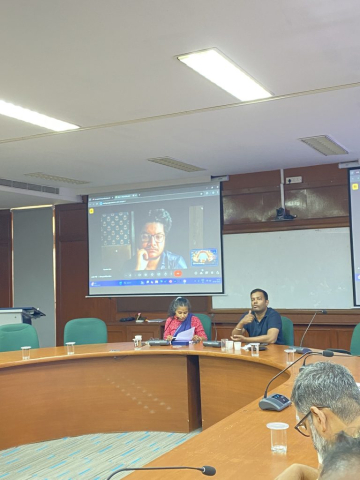
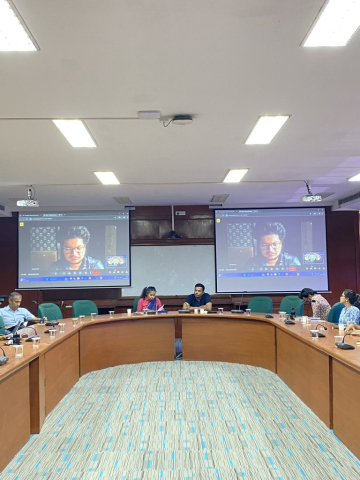
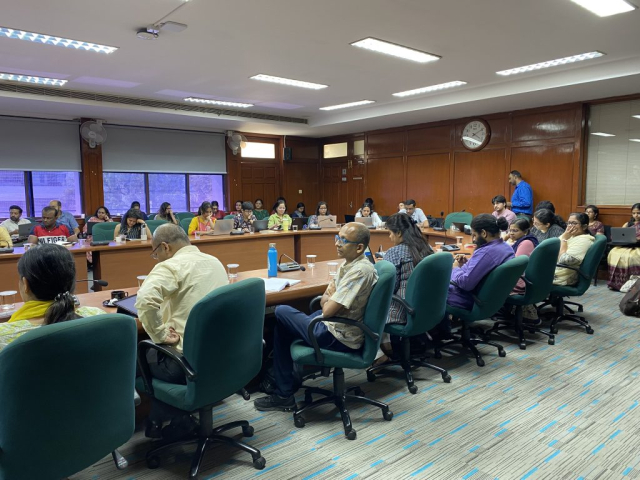
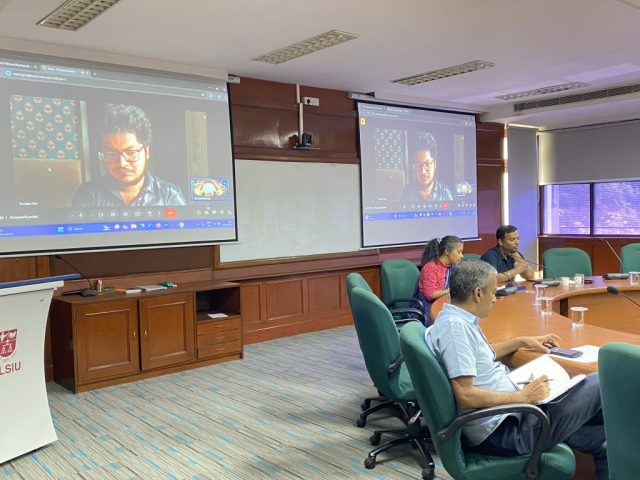
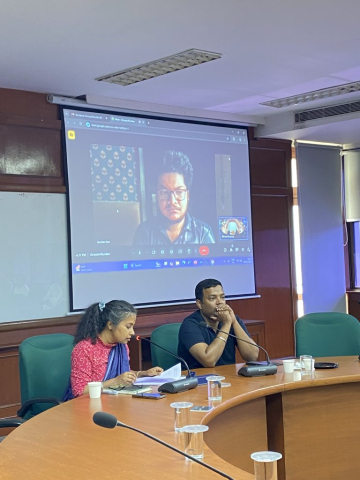
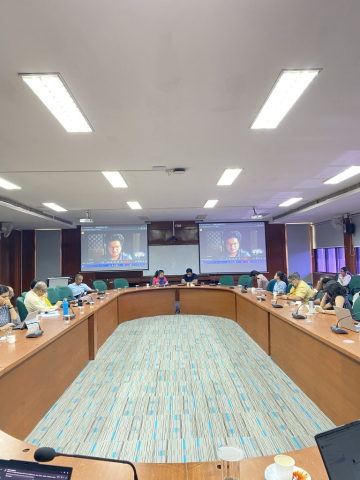
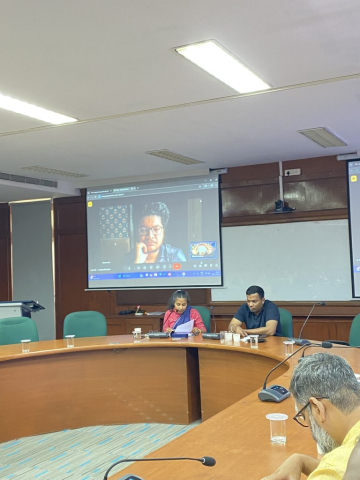
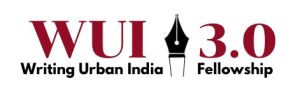 The
The 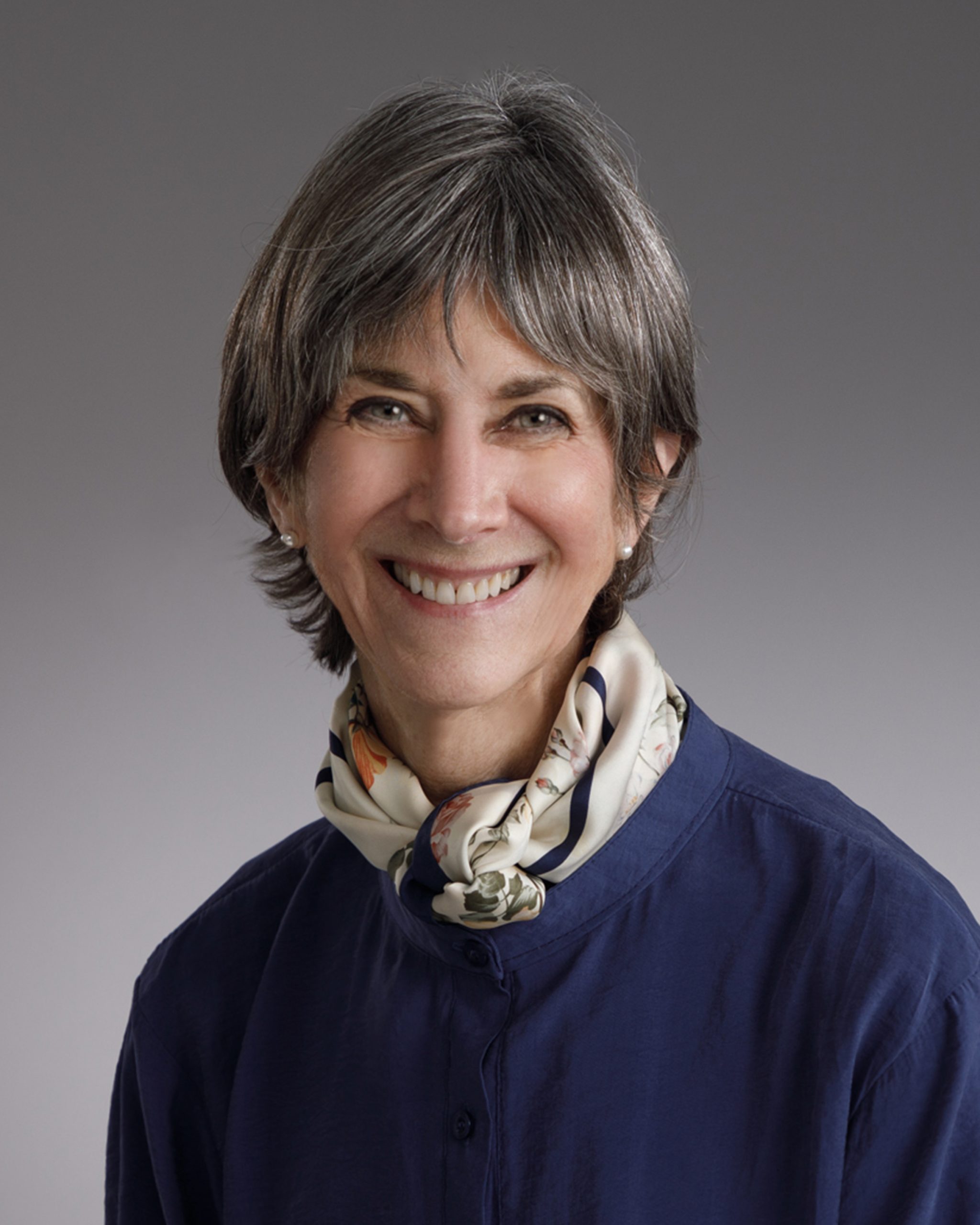 The National Law School of India University (NLSIU), Bengaluru and
The National Law School of India University (NLSIU), Bengaluru and